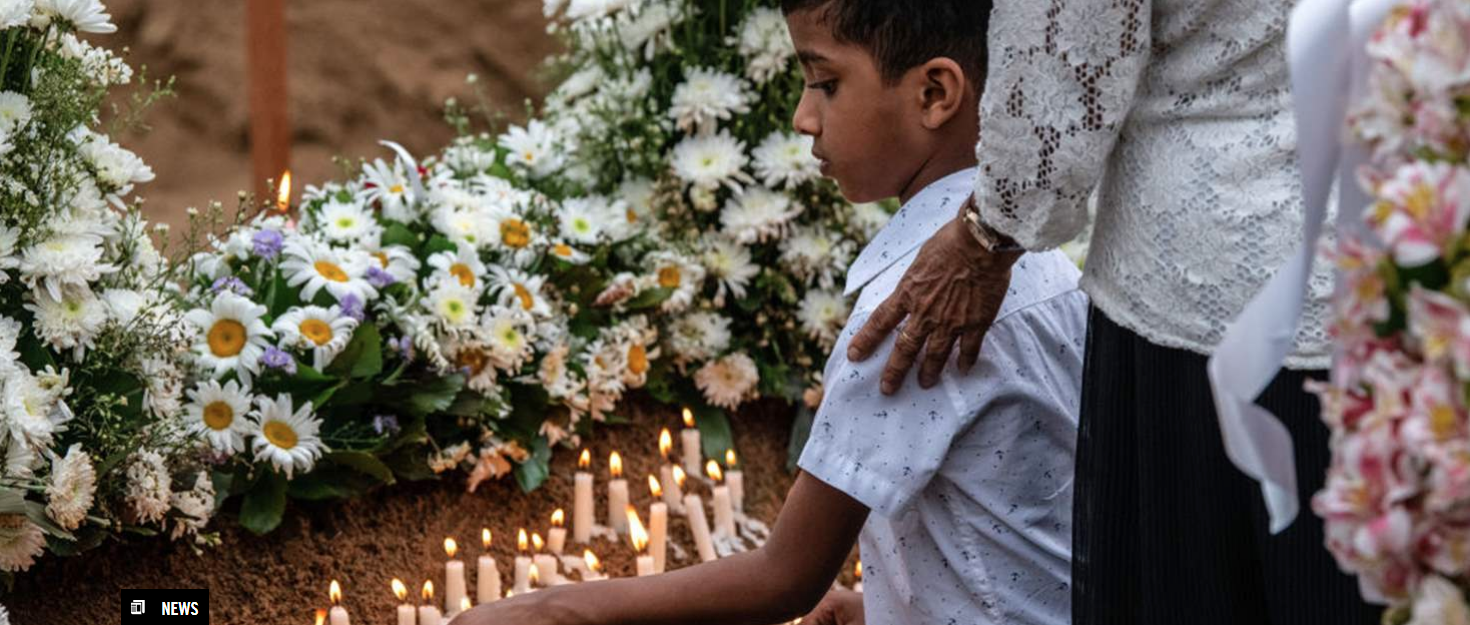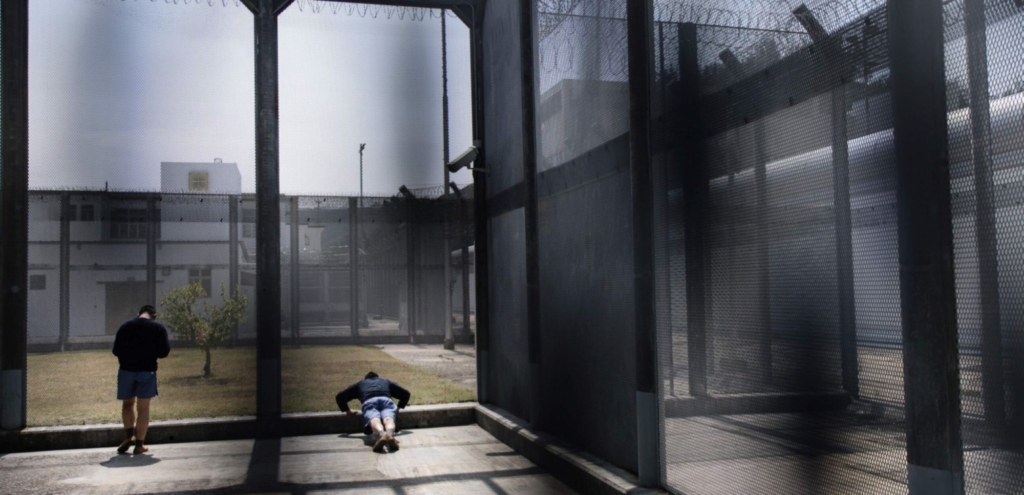The Sri Lankan government should ensure that all communities are protected and that there is accountability for the heartrending crimes that resulted in more than 250 people being killed on Easter Sunday, Amnesty International said today.
The human rights organization also called for leaders in Sri Lanka and across the world to demonstrate their solidarity with the victims and show unity against the forces of hatred behind this tragedy.
“Our thoughts are first and foremost with the victims of last Sunday’s horrific attacks, many of whom were targeted because of their Christian faith while they were praying in church on one of their holiest days. They have been forced to lower loved ones into early graves, including children as young as a few months old,” said Biraj Patnaik, South Asia Director at Amnesty International.
This tragedy comes just weeks after attacks on two mosques in Christchurch, New Zealand saw 50 Muslims killed at Friday prayers.
“This moment must not be allowed to be exploited by those who seek to pit communities against each other. The forces of hatred behind the attacks in Sri Lanka and New Zealand are mutually reinforcing. They want to divide people through murderous means, targeting them for who they are and spreading fear among those who survive. They are working hard to stoke these tensions. We all must do our best to forge unity at this moment,” said Biraj Patnaik.
“The Sri Lankan government and other leaders across the world must put the protection of human rights at the heart of their policies, ensure that all communities under threat are protected and promote the values that bind humanity together.”
Since the attacks in Sri Lanka, there are fears of a backlash among the country’s small Muslim community and there have been alarming attacks by mobs who have unleashed their anger against a group of Pakistani refugees from minority Christian and Ahmadi Muslim backgrounds. The refugees were forced to seek safety in Sri Lanka after their communities were repeatedly attacked by sectarian armed groups in Pakistan.
Next month, Sri Lanka will mark 10 years since the internal conflict – which saw crimes under international law and other serious human rights violations and abuses – came to an end. Over the past decade, Sri Lanka has made some important progress in terms of human rights. With peace returning, it has opened its doors to outsiders, welcoming tourists and refugees.
“It is important that the general population, made up of Christians, Muslims, Buddhists, Hindus and people of other backgrounds, feel safe to return to their places of work and worship without fear of coming under attack again. The last thing Sri Lanka needs is a return to the days when violence was allowed to tear asunder the precious bonds that unite this island’s many communities,” said Biraj Patnaik.
Amnesty International is calling on its supporters to show solidarity with the victims of the Easter Sunday massacre in Sri Lanka by posting messages of support on social media, organizing vigils outside the Sri Lankan embassy in their country or at churches that share the names of the three churches that were attacked in Sri Lanka: St. Anthony’s, St. Sebastian’s and Zion church.
“St. Anthony’s Church in Colombo was one of the three churches attacked last Sunday. It is a place valued not just by Catholics but people of all faiths. There will be no greater rebuke to the horrific violence of the attackers than to see people of diverse backgrounds pay tribute to this symbol of tolerance and pluralism,” said Biraj Patnaik.
ISSUES & COUNTRIES
AMNESTY INTERNATIONAL
Amnesty International is a human rights organization and global movement of more than 10 million people in over 150 countries and territories who campaign for human rights. We are independent of any government, political ideology, economic interest or religion and are funded by individuals like you. We believe acting in solidarity and compassion with people everywhere can change our world for the better.
CAMPAIGNS
CANADA
WORLDWIDE
REPORTS & PUBLICATIONS
PRESS RELEASES
- Amnesty International Canada condemns Alberta’s use of Notwithstanding Clause to prop up anti-trans policies
- Fossil fuel infrastructure is putting rights of 2 billion people and critical ecosystems at risk
- Sentencing of land defenders sends ‘chilling message’ about Indigenous rights in Canada
- Joint statement: People across Canada demand that Temporary Foreign Worker Program respect migrant workers’ rights and dignity
- Canada: First 100 days of new Parliament signal regression on human rights
PODCAST
Listen to Rights Back at You
We introduce you to fascinating people who are making change unstoppable. Hear powerful stories of resistance and solidarity and learn more about how you can take action now for human rights. This series connects the dots and passes the mic to people building a better future now. Together, we unravel the Canada you think you know and challenge the systems that hold back human rights.





















